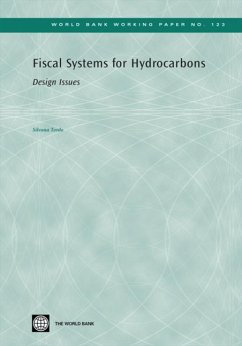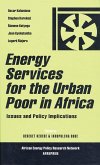Although host governments and investors may share one common objective - the desire for projects to generate high levels off revenue - their other goals are not entirely aligned. Host governments aim to maximize rent for their country over time, while achieving other development and socioeconomic objectives. Investors aim to ensure that the return on investment is consistent with the risk associated with the project, and with their corporations' strategic objectives. To reconcile these often conflicting objectives, more and more countries rely on transparent institutional arrangements and flexible, nuetral fiscal regimes. This paper examines the key elements of the legal and fiscal frameworks utilized in the petroleum sector and aims to outline desirable features that should be considered in the design of fiscal policy with the objective of optimizing the host government's benefits, taking into account the effect this would have on the private sector's investment.








